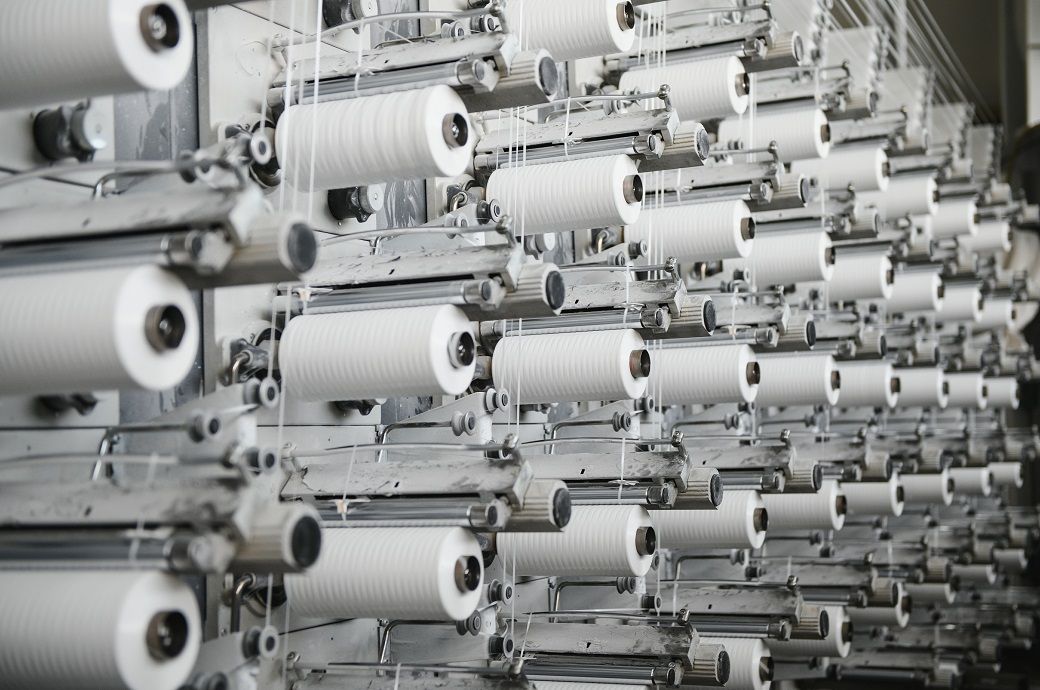
In preparation for the new administration, the Indian bureaucracy has outlined ** key goals to be achieved within the first *** days. These include both immediate and long-term objectives, with some initiatives projected to extend over the next *-* years. Among these, the textile sector is expected to receive focused attention, with long-term plans being formulated to drive sustained growth and innovation.
According to sources, ministry secretaries, senior officials, and NITI Aayog have been working since February this year to set goals for the first *** days after the new government takes over. Ten sectoral groups of secretaries were formed to establish goals in various areas and sectors. Goals of utmost priority will be announced by Prime Minister Modi immediately after he assumes office for the third term. Ministers will announce other goals in the next few days.
Receive daily prices and market insights straight to your inbox. Subscribe to AlchemPro Weekly!